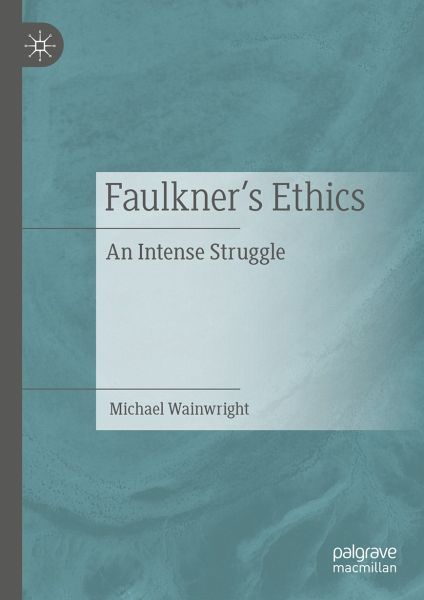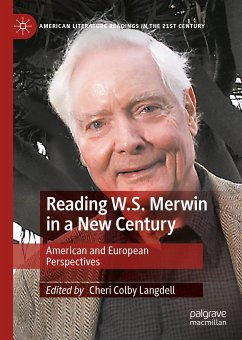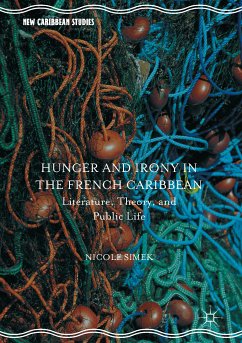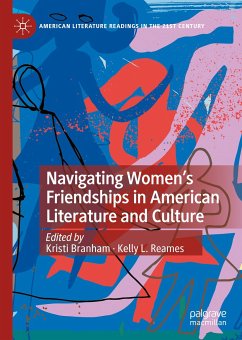
Faulkner's Ethics (eBook, PDF)
An Intense Struggle
Versandkostenfrei!
Sofort per Download lieferbar
96,95 €
inkl. MwSt.
Weitere Ausgaben:

PAYBACK Punkte
48 °P sammeln!
This book offers the first comprehensive investigation of ethics in the canon of William Faulkner. As the fundamental framework for its analysis of Faulkner's fiction, this study draws on The Methods of Ethics, the magnum opus of the utilitarian philosopher Henry Sidgwick. While Faulkner's Ethics does not claim that Faulkner read Sidgwick's work, this book traces Faulkner's moral sensitivity. It argues that Faulkner's language is a moral medium that captures the ways in which people negotiate the ethical demands that life places on them. Tracing the contours of this evolving medium across six ...
This book offers the first comprehensive investigation of ethics in the canon of William Faulkner. As the fundamental framework for its analysis of Faulkner's fiction, this study draws on The Methods of Ethics, the magnum opus of the utilitarian philosopher Henry Sidgwick. While Faulkner's Ethics does not claim that Faulkner read Sidgwick's work, this book traces Faulkner's moral sensitivity. It argues that Faulkner's language is a moral medium that captures the ways in which people negotiate the ethical demands that life places on them. Tracing the contours of this evolving medium across six of the author's major novels, it explores the basic precepts set out in The Methods of Ethics with the application of more recent contributions to moral philosophy, especially those of Jacques Derrida and Derek Parfit.
Dieser Download kann aus rechtlichen Gründen nur mit Rechnungsadresse in A, B, BG, CY, CZ, D, DK, EW, E, FIN, F, GR, HR, H, IRL, I, LT, L, LR, M, NL, PL, P, R, S, SLO, SK ausgeliefert werden.












